Did you know classical homeopathy is a 225-year-old healing system celebrated for its logical, subtle, and holistic approach to health? Rooted in Enlightenment-era philosophy and developed by Samuel Hahnemann, classical homeopathy offers a distinct perspective on medicine. Unlike conventional treatments, it stimulates the body’s self-regulating systems using highly diluted remedies, emphasizing adaptable, whole-person healing rather than symptom suppression.
In this article, we delve into the fascinating origins, core principles, and modern practices of classical homeopathy, enhanced by expert insights from David M. Shein of Blackbird Homeopathy . Whether you are curious about its applications during pandemics or chronic care, this comprehensive overview will illuminate why classical homeopathy remains a valued alternative healing method.
Startling Facts : A 225-Year-Old Healing System
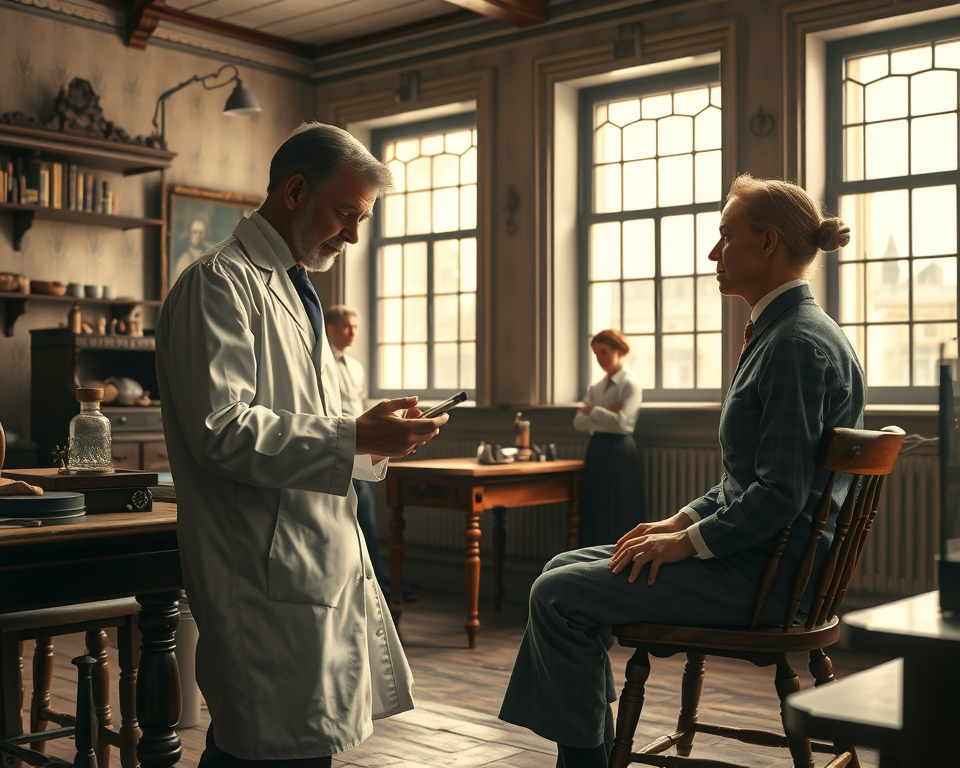
Classical homeopathy, a healing system that originated over two centuries ago in Germany, was founded by Samuel Hahnemann. He revolutionized medicine by introducing a system that is paradoxical yet coherent: remedies are diluted to the extent that they may contain no molecules of the original substance, challenging the laws of classical physics. Yet, their therapeutic effect is real and measurable through empirical results.
David M. Shein, of Blackbird Homeopathy, remarks, “ Homeopathy is entirely logical and coherent. It’s based on inductive reasoning — drawn from observation and repeated experience — rather than theorizing. ” This scientific rigor grounded in observation rather than hypothesis sets classical homeopathy apart in the medical landscape.
The Origins and Philosophy of Homeopathy
Samuel Hahnemann’s philosophy was rooted in Enlightenment ideals — valuing observation, experimentation, and a holistic view of health. He developed “drug provings” where healthy individuals took substances that caused symptoms, then recorded those effects meticulously. Homeopathy’s cornerstone is the “like cures like” principle: substances producing symptoms in a healthy person can stimulate healing in a sick person exhibiting similar symptoms.
Classical homeopathy is deeply patient-centric, emphasizing individualized care and holistic healing. It treats the individual as a whole entity — not just focusing on isolated symptoms but integrating mental, emotional, and spiritual states into diagnosis and treatment. This holistic approach contrasts sharply with symptom-targeting pharmacology and aims to boost the body’s natural adaptability and vitality.
How Homeopathy Differs from Conventional Medicine
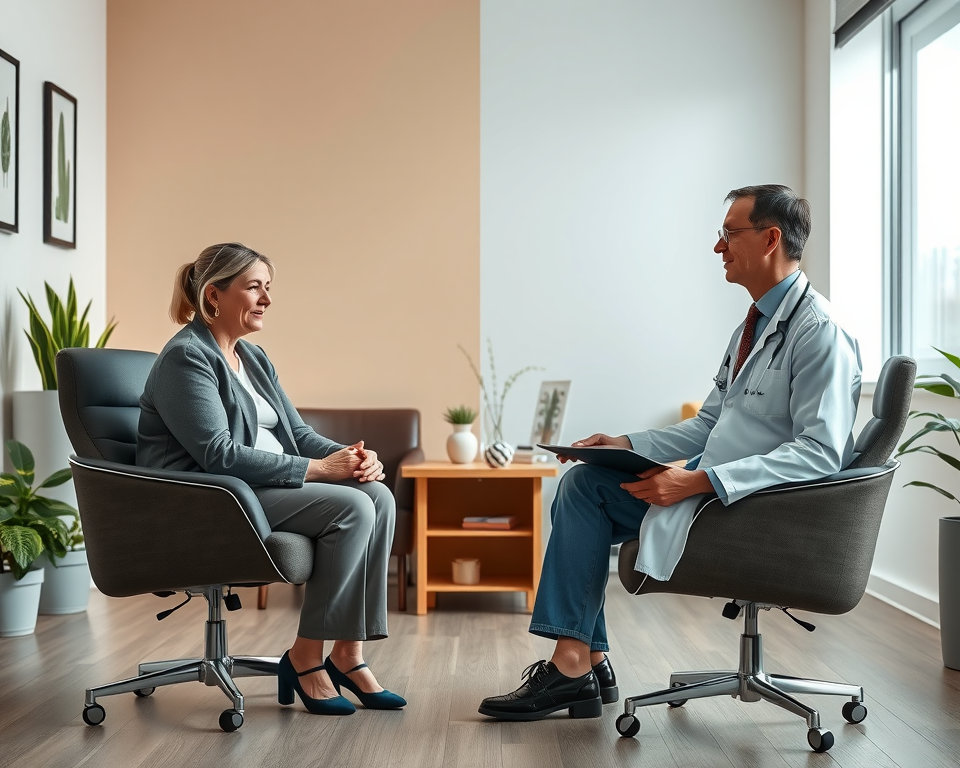
Unlike conventional medicine, which typically uses drugs to suppress symptoms or eradicate disease-causing agents, homeopathy works by stimulating the body's inherent self-healing mechanisms through highly diluted remedies. Remedies are administered in minuscule doses, far diluted beyond molecular presence, focusing on rebalancing the immune, nervous, and endocrine systems.
David M. Shein explains, “Conventional medicine often reduces patients to algorithms. But homeopathy sees people as whole beings — including their spiritual, mental, and emotional states.” This approach not only distinguishes classical homeopathy but restores agency to the patient, empowering their body’s natural healing capacity rather than overriding it.
For those interested in how homeopathy is applied in urgent or short-term situations, exploring the practical uses of acute homeopathy can provide valuable insight into remedy selection and rapid response for sudden health concerns.
Core Principles and Applications of Classical Homeopathy
Stimulating the Body’s Self-Regulating Systems
The fundamental principle underlying homeopathy's effectiveness lies in its capacity to encourage the body’s self-regulating systems: immune, endocrine, and nervous systems. Instead of suppressing symptoms, carefully selected remedies provoke a mild response that activates these regulatory mechanisms to correct imbalances naturally.
This stimulation fosters increased flexibility, defined by homeopaths as the body's ability to adapt to environmental and internal changes. When flexibility diminishes, chronic disease can arise; homeopathy endeavors to restore that adaptive capacity to promote comprehensive health. Remedies are chosen individually, reflecting patients’ unique symptom patterns, mental states, and constitutions.
Primary Uses: Pandemics, Acute Conditions, and Chronic Care
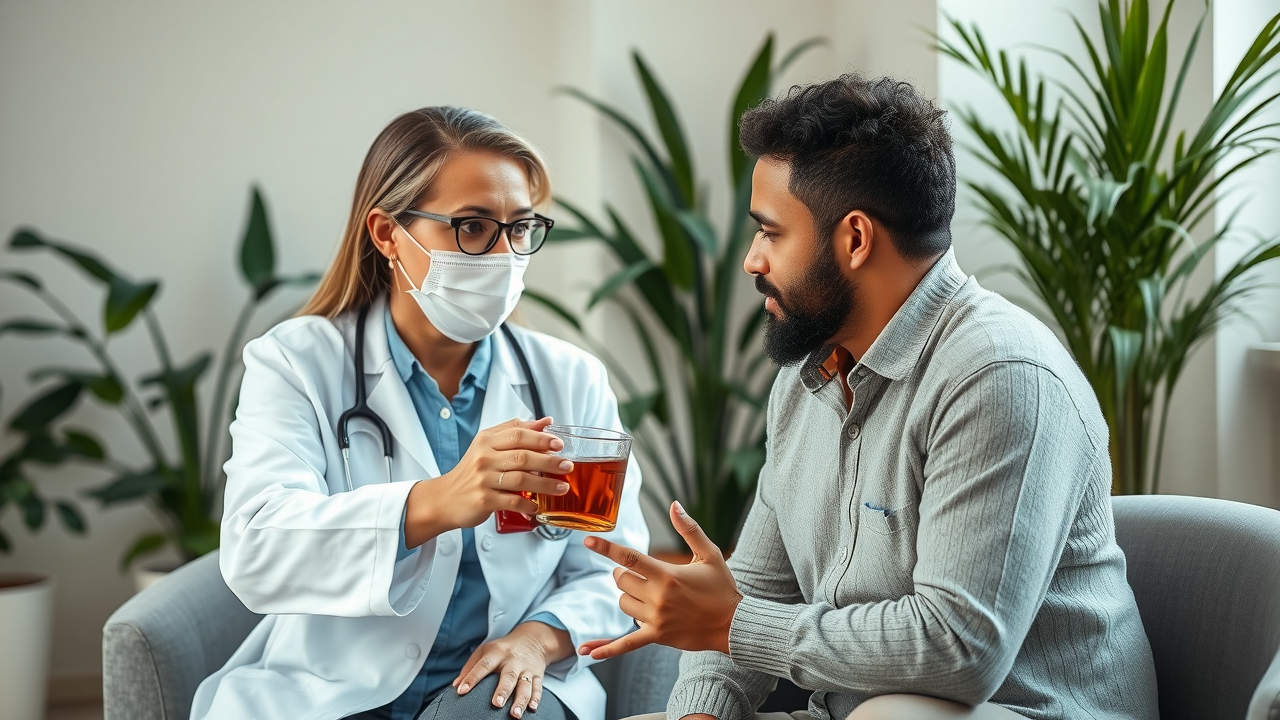
Classical homeopathy is applied across three major domains, including pandemics, acute conditions, and chronic care. Firstly, during pandemics — such as COVID-19 — homeopaths like David Shein have successfully treated numerous cases and continue to support patients. Secondly, it addresses acute conditions like trauma or sudden illnesses that are typically self-limiting but benefit from rapid supportive intervention.
Thirdly and most significantly, homeopathy provides chronic care for persistent illnesses that conventional medicine sometimes struggles to resolve. Chronic conditions tend to worsen without intervention, but homeopathy's subtle methods can bring profound, sustained improvements. Dr. Shein notes, “Chronic care is the bulk of my practice; I don’t typically take acute cases unless the patient is already under my chronic care.”
Classical Homeopathy in the United States: History and Current Practice
The Rise and Decline of Homeopathy in the U.S.

Classical homeopathy thrived in the U.S. during the 19th and early 20th centuries. There were over 100 homeopathic hospitals and thousands of pharmacies dedicated to homeopathic remedies. However, the rise of conventional medicine, particularly after the Flexner Report in the early 1900s, caused the decline of widespread homeopathic education and practice.
Today, homeopathy continues to survive in more limited settings within the United States, gaining renewed interest as a holistic alternative healing method. Globally, it remains integrated into national health care systems in numerous countries, underscoring its continuing relevance and acceptance beyond U.S. borders.
Modern Virtual Practice and Patient Care

The COVID-19 pandemic accelerated a digital transformation in homeopathy practice, expanding virtual consultations across the United States. David M. Shein shares, “Since COVID, my practice is almost entirely virtual. Initial consultations run two to three hours, with follow-ups spaced weeks apart.” Virtual visits provide accessibility, convenience, and a personalized experience that respects patients’ time and safety.
Virtual care enables homeopaths to reach a broad clientele across the U.S. and internationally. Follow-ups allow careful monitoring of remedies’ effects and any necessary dosage adjustments, ensuring treatments remain tailored to patients’ evolving conditions.
Safety, Remedies, and Patient Experience in Homeopathy
Homeopathic Remedies: Dilution, Safety, and Aggravations
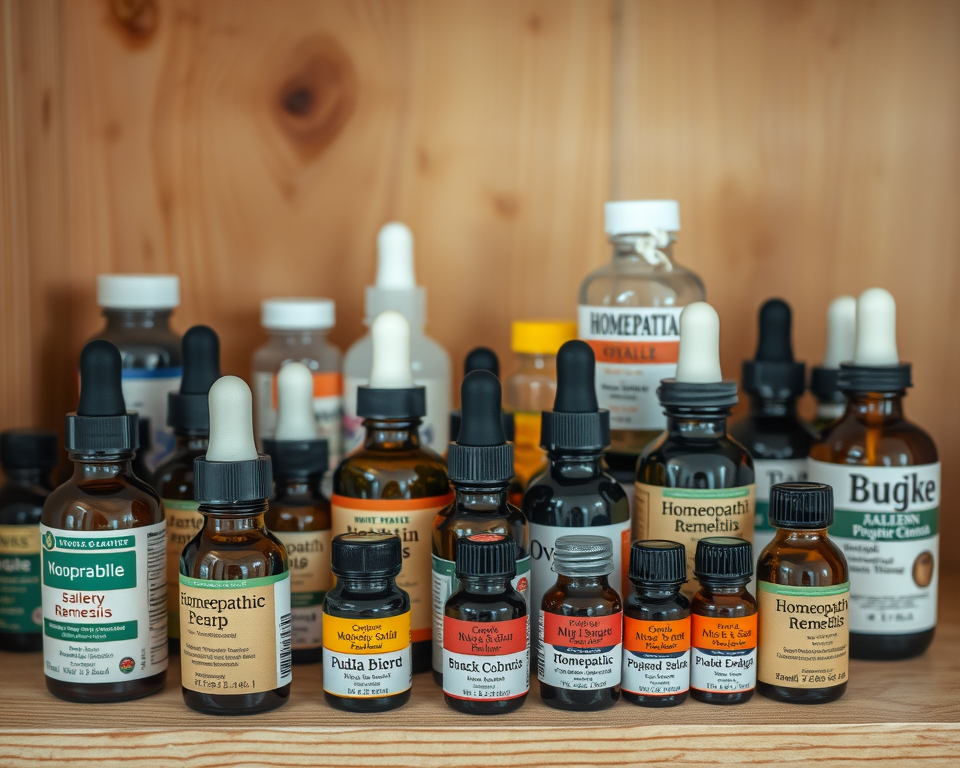
Homeopathic remedies are prepared through a meticulous dilution process, a core principle of classical homeopathy, to enhance therapeutic potency while minimizing toxicity. Remedies are generally safe with virtually no side effects if administered correctly. Occasionally, a remedy may cause a temporary intensification of symptoms known as an aggravation — a positive sign indicating the remedy’s action is effective.
David Shein clarifies, “Homeopathic remedies don’t have side effects if correctly administered. However, if a remedy is too strong, it can temporarily intensify symptoms — we call that an aggravation. It’s generally a good sign and easy to reverse if necessary.” Remedies are typically sourced from reputable manufacturers to ensure quality and consistency.
Patient Stories and Practical Benefits

Many patients in the United States and worldwide report transformative experiences with homeopathy. These testimonials reveal the gentle yet profound impact of individualized care. One such story involves rapid relief from acute trauma through remedies like Hypericum, which helped alleviate intense pain and promote healing without conventional medication's side effects.
The subtlety of homeopathic approaches makes them suitable for all ages, including newborns, and encourages patients to take control of their health thoughtfully and non-invasively. Through patient-centered care,homeopathy addresses not only physical symptoms but also emotional and spiritual dimensions of wellness.
Frequently Asked Questions About Classical Homeopathy
What is the difference between classical and clinical homeopathy? Classical homeopathy strictly follows the individualized approach based on detailed symptom evaluation and one remedy at a time, while clinical homeopathy may use combinations or standardized treatments for particular diseases.
How to become a classical homeopath? Training involves comprehensive study of homeopathic philosophy, materia medica, and case-taking techniques, often through specialized schools or apprenticeship programs.
What is traditional homeopathy? Traditional homeopathy refers to the original methodologies and principles developed by Hahnemann, emphasizing individualized treatment and minimal dosing.
What is the traditional system of homeopathy? It is a holistic medical system based on the law of similars, potentization, and individualized care aiming to stimulate the body's self-healing abilities.
What You'll Learn: Key Insights into Homeopathy
This section provides an embedded educational video introducing classical homeopathy by a certified expert. Discover foundational concepts, detailed methodology, and common patient experiences to deepen your understanding of this healing system.
Comparison of Classical Homeopathy and Conventional Medicine: Principles, Applications, and Patient Approach
Aspect |
Classical Homeopathy |
Conventional Medicine |
|---|---|---|
Principles |
Law of similars, minimal dosing, individualized treatment |
Targeted symptom suppression, standardized protocols |
Applications |
Pandemics, acute and chronic care with a holistic focus |
Acute emergency care, chronic disease management, symptom control |
Patient Approach |
Whole-person care addressing physical, mental, emotional, spiritual health |
Focus on physical pathology and isolated symptoms |
Safety |
Highly diluted remedies with minimal side effects |
Medicines with potential side effects and contraindications |
Administration |
Typically single remedy per case, adjusted over time |
Multiple drugs, often polypharmacy in complex cases |
Key Takeaways: Why Homeopathy Remains Relevant Today
“ Homeopathy sees people as whole beings — including their spiritual, mental, and emotional states — which is why it supports true healing. ” — David M. Shein, of Blackbird Homeopathy
Homeopathy offers a safe, subtle, and powerful approach to health.
It emphasizes stimulating the body's natural healing mechanisms, restoring adaptability and balance.
Virtual consultations have expanded accessibility and personalized care.
Patient-centered care addresses wellness on physical, emotional, and spiritual levels.
Conclusion: Embracing Homeopathy for Holistic Health
Exploring Homeopathy with Expert Guidance

Homeopathy invites us to view health through a lens of holistic integration, adaptability, and self-regulation, making it a relevant healing system in the United States today. Under expert guidance, patients can experience profound healing that transcends mere symptom management. With roots spanning over two centuries, its principles remain vibrant, offering a compelling complement and alternative to conventional care.
David M. Shein encourages curious individuals to explore homeopathy openly, “I always offer a free triage consult — just to see if we’re a good match. Sometimes cases are outside homeopathy’s scope, but I’ve been amazed by what’s possible even for refractory conditions.” This welcoming approach embodies the heart of homeopathy: tailored, intelligent, and compassionate healthcare.
If you’re eager to deepen your understanding of homeopathy’s foundations or are just beginning your journey, you may find it helpful to explore a comprehensive beginner’s guide. Discover essential concepts, practical steps, and expert advice in this resource for those new to homeopathy . By expanding your knowledge, you’ll be better equipped to make informed decisions about your health and explore the full spectrum of holistic care options available. Let your curiosity lead you to new insights and a more empowered approach to wellness.
Contact and Next Steps
Call us at 1-585-260-4965
Visit our website at: https://www.blackbirdhomeopathy.com
To deepen your understanding of homeopathy, consider exploring the following resources:
The article “ What is Homeopathy? ” from the New York School of Homeopathy provides a comprehensive overview of homeopathy’s principles, including the law of similars and the process of potentization.
The Educational Center for Classical Homeopathy’s article “ What is a repertory according to classical homeopathy? ” explains the use of repertories in homeopathic practice, highlighting their role in linking symptoms to appropriate remedies.
These resources offer valuable insights into the foundational concepts and practices of homeopathy, enhancing your knowledge of this holistic healing system.
 Add Row
Add Row  Add
Add 

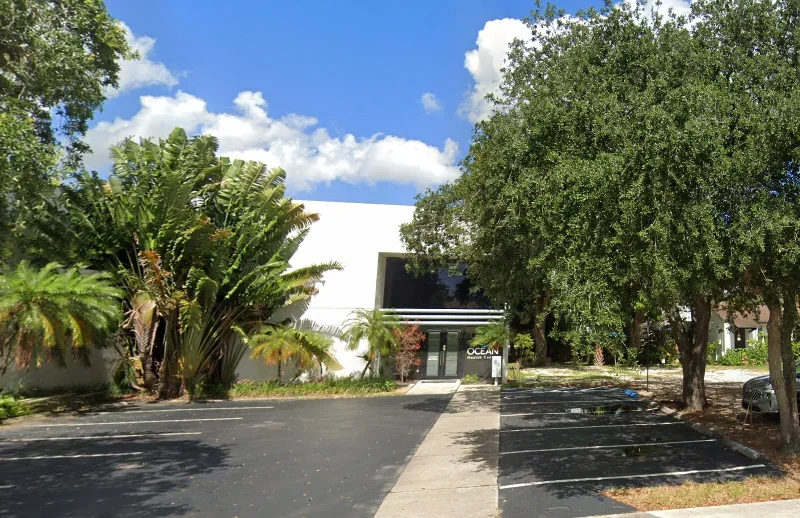


Write A Comment